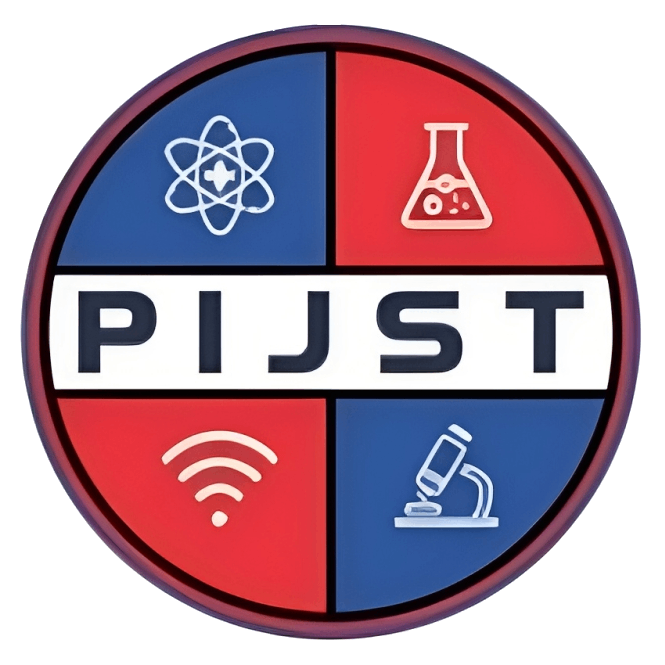Dr. Sumesh Thapa, M.Sc (Agriculture Science), Kathmandu University, Dhulikhel, Nepal
Published Date: 03-09-2025 Issue: Vol. 2 No. 9 (2025): September 2025 Published Paper PDF: Download
Abstract- Water use efficiency (WUE) in irrigation systems has emerged as a central concern in global agricultural sustainability. With irrigation accounting for nearly 70% of freshwater withdrawals worldwide, inefficiencies resulting from evaporation, runoff, and deep percolation threaten food security and environmental balance. WUE, defined as the ratio of crop yield to water consumed through evapotranspiration, highlights the urgency of maximizing agricultural output with minimal water input. Different irrigation methods—surface, drip, sprinkler, and subsurface—offer varying levels of efficiency, with drip irrigation demonstrating the highest potential, often exceeding 90%. Measurement of WUE through both quantitative metrics, such as yield per unit of water applied, and qualitative assessments, such as soil texture and climatic conditions, provides a holistic understanding of irrigation performance. Technological advancements, including automated irrigation, soil moisture sensors, and weather-based controllers, further enable precise water management, while best practices such as crop selection, optimized scheduling, and system maintenance strengthen long-term sustainability. Case studies confirm that improved irrigation management not only conserves water but also enhances yields and resilience to climate variability. Despite economic, environmental, and policy barriers, integrating sustainable irrigation practices with innovative technologies remains essential for achieving global food security and preserving water resources for future generations.
Keywords-Water Use Efficiency, Irrigation Systems, Sustainable Agriculture, Drip Irrigation, Soil Moisture Sensors, Climate Resilience, Water Management.
Published Date: 03-09-2025 Issue: Vol. 2 No. 9 (2025): September 2025 Published Paper PDF: Download
Abstract- Water use efficiency (WUE) in irrigation systems has emerged as a central concern in global agricultural sustainability. With irrigation accounting for nearly 70% of freshwater withdrawals worldwide, inefficiencies resulting from evaporation, runoff, and deep percolation threaten food security and environmental balance. WUE, defined as the ratio of crop yield to water consumed through evapotranspiration, highlights the urgency of maximizing agricultural output with minimal water input. Different irrigation methods—surface, drip, sprinkler, and subsurface—offer varying levels of efficiency, with drip irrigation demonstrating the highest potential, often exceeding 90%. Measurement of WUE through both quantitative metrics, such as yield per unit of water applied, and qualitative assessments, such as soil texture and climatic conditions, provides a holistic understanding of irrigation performance. Technological advancements, including automated irrigation, soil moisture sensors, and weather-based controllers, further enable precise water management, while best practices such as crop selection, optimized scheduling, and system maintenance strengthen long-term sustainability. Case studies confirm that improved irrigation management not only conserves water but also enhances yields and resilience to climate variability. Despite economic, environmental, and policy barriers, integrating sustainable irrigation practices with innovative technologies remains essential for achieving global food security and preserving water resources for future generations.
Keywords-Water Use Efficiency, Irrigation Systems, Sustainable Agriculture, Drip Irrigation, Soil Moisture Sensors, Climate Resilience, Water Management.

 : 10.62796/pijst
: 10.62796/pijst